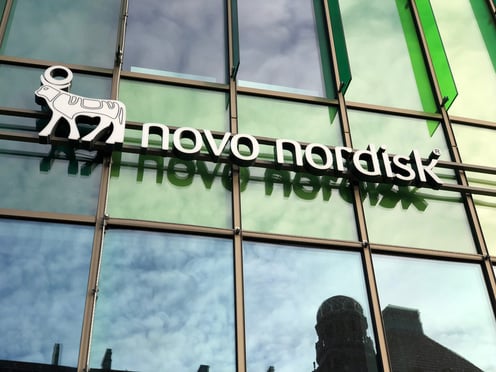The growth in U.S. health-care prices is projected to outpaceeconomy-wide inflation for the first time since2010, the second report in a week to signal the end of a longstretch of restrained medical increases.
|This year, price increases for personal health expenditures are projected torise 2.2 percent, compared with 1.9 percent for overall inflation,according to a report released Wednesday by the Centers forMedicare and Medicaid Services. The findings confirmed arecent analysis warning that the U.S. could be atthe cusp of a return to higher medical inflation.
|Related: Employees' health care spending up, usagedown
|Health spending is determined by the price of goods andservices, as well as how much health care people use. In recentyears, increases in health spending have been driven by volume, asmillions more people gained insurance coverage under the AffordableCare Act. While high-cost drugs have made headlines, overallprice hikes have been historically low, increasing by an average of1.1 percent annually between 2014 and 2016.
|Those trends are projected to reverse. Government actuariesexpect the number of people without health insurance to increaseslightly after Republicans lifted the ACA’s penalty for goinguninsured late last year. Medical price growth, meanwhile, willrebound, “in part reflecting more rapid growth in health-careworkers’ wages,” the report said.
|Health-care inflation has been partly restrained by limits onhow much Medicare pays hospitals and physicians under the ACA andother legislation, combined with overall slow growth in pricesthroughout the economy.
|Inflation ahead
Rising medical prices will drive growth in personal healthspending in the next decade

In recent days, concerns about higher-than-expected inflationhave rattled stock markets and pushed up Treasury yields. Investorsfeared that a tightening labor market and rising wages could pushup prices and spur the Federal Reserve to raise interest ratesfaster than anticipated to keep the economy from overheating.
|Total health spending is projected to increase by 5.3 percent toabout $3.7 trillion in 2018, according to the CMS report, and thegrowth will average 5.5 percent per year over the next decade.While that’s still faster than the overall rate of economic growth,it’s an improvement from past decades. Between 1990 and 2007,annual health spending increased by 7.3 percent per year.
|Copyright 2018 Bloomberg. All rightsreserved. This material may not be published, broadcast, rewritten,or redistributed.
Complete your profile to continue reading and get FREE access to BenefitsPRO, part of your ALM digital membership.
Your access to unlimited BenefitsPRO content isn’t changing.
Once you are an ALM digital member, you’ll receive:
- Critical BenefitsPRO information including cutting edge post-reform success strategies, access to educational webcasts and videos, resources from industry leaders, and informative Newsletters.
- Exclusive discounts on ALM, BenefitsPRO magazine and BenefitsPRO.com events
- Access to other award-winning ALM websites including ThinkAdvisor.com and Law.com
Already have an account? Sign In
© 2024 ALM Global, LLC, All Rights Reserved. Request academic re-use from www.copyright.com. All other uses, submit a request to [email protected]. For more information visit Asset & Logo Licensing.








